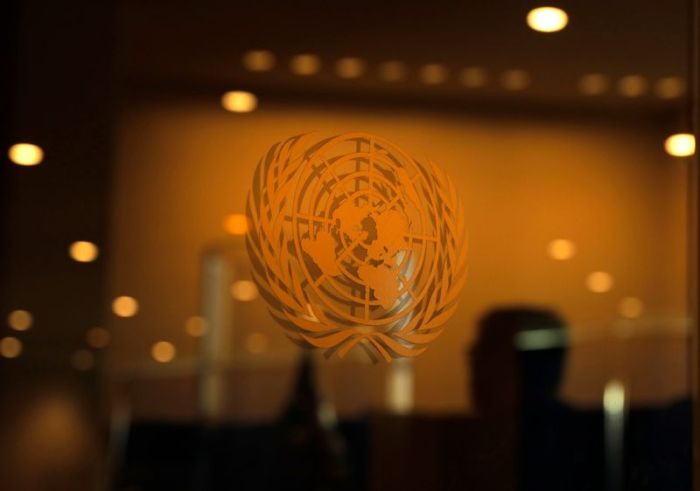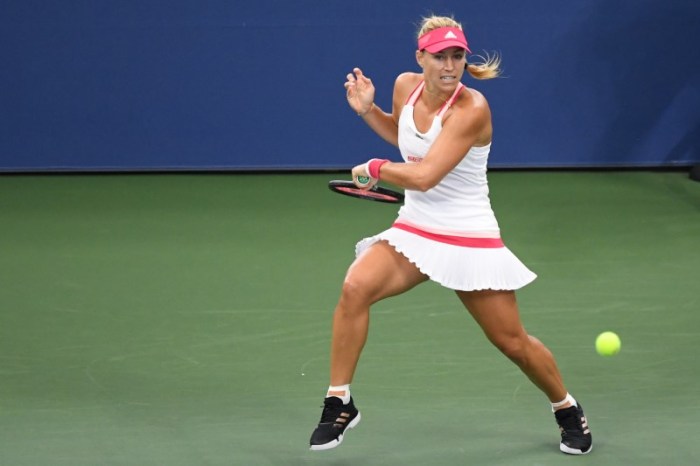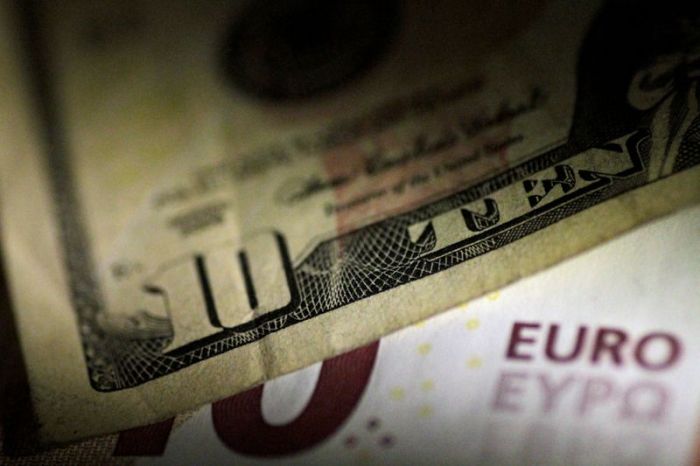MOSCOW (Reuters) – Belarus will impose travel bans on senior officials in Latvia, Lithuania and Estonia in retaliation for measures targeting its own officials, the foreign minister said on Wednesday, as Russia stepped up support for the Belarusian government.
More than three weeks after a political crisis erupted in Belarus over allegations of vote rigging in a presidential election which incumbent Alexander Lukashenko said he had won, Minsk and close ally Moscow are pushing back hard against Lukashenko’s domestic and foreign critics.
In Moscow for talks with his Russian counterpart, Belarusian Foreign Minister Vladimir Makei said his country had agreed to impose retaliatory sanctions on a list of individuals in Latvia, Lithuania and Estonia.
The move was pay back, he said, after the three Baltic countries on Monday said they were imposing travel bans on Lukashenko and 29 other Belarusian officials to punish them for their role in the alleged vote-rigging and in a crackdown against protesters.
Makei declined to say who was on the sanctions list, but said it targeted individuals who had tried to interfere in his country’s internal affairs, made what he called unacceptable political statements, and spoken of funding the opposition.
“For us this is absolutely unacceptable,” he said, warning Minsk would impose sanctions on any other countries who put sanctions on Belarus.
The European Union has been working on a list of individuals to target with sanctions but is expected to exclude Lukashenko.
RUSSIAN SUPPORT
Standing alongside Makei, Russian Foreign Minister Sergei Lavrov offered Lukashenko strong support and said Prime Minister Mikhail Mishustin would visit Belarus for talks on Thursday.
Moscow would respond “firmly and with dignity” to any attempts to destabilize Belarus or loosen its strong ties to Russia, he said.
Lavrov condemned what he said was meddling in Belarus by outside forces, alleging that 200 trained Ukrainian extremists were inside Belarus trying to destabilize it, an accusation Kyiv said was fictitious.
Lavrov also accused NATO and the European Union of making “destructive” statements about Belarus. He said Moscow saw no point in engaging with the Belarusian opposition council that has emerged amid nationwide anti-government protests.
Complaining about what he described as an initial anti-Russian statement from the council, he accused it of breaking the law by calling on law enforcement forces to switch sides.
The council’s leaders have said repeatedly that they are only interested in trying to bring about a peaceful transition of power.
In another sign of Russian support, the chiefs of staff of the Russian and Belarusian armies discussed preparations for a joint military drill in Belarus this year ahead of a visit by the Belarusian defense minister to Moscow on Friday.
Lukashenko has also thanked Russian state-backed television channel RT for sending journalists to help prop up Belarusian state media after some staff members went on strike in protest against his rule.
(Editing by Angus MacSwan)



























